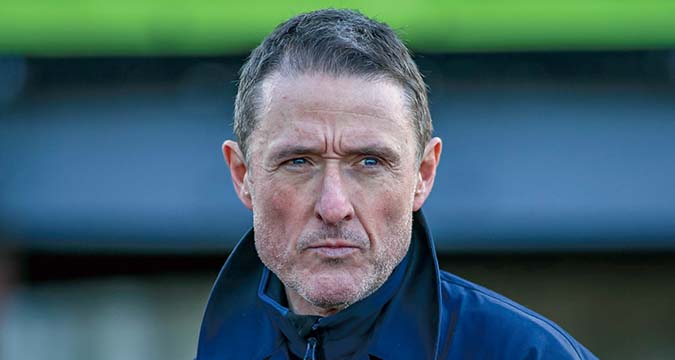 Garry Schofield reacts to the news that Super League Executive Chairman Robert Elstone handed in his notice last week.
About time.
Robert Elstone’s departure as Executive Chairman of Super League came as no real surprise.
When clubs recently voted against the private equity deal he had helped bring to the table, he was left in a pretty d
Garry Schofield reacts to the news that Super League Executive Chairman Robert Elstone handed in his notice last week.
About time.
Robert Elstone’s departure as Executive Chairman of Super League came as no real surprise.
When clubs recently voted against the private equity deal he had helped bring to the table, he was left in a pretty d Schoey: Rugby League needs independent governance
 Garry Schofield reacts to the news that Super League Executive Chairman Robert Elstone handed in his notice last week.
About time.
Robert Elstone’s departure as Executive Chairman of Super League came as no real surprise.
When clubs recently voted against the private equity deal he had helped bring to the table, he was left in a pretty d
Garry Schofield reacts to the news that Super League Executive Chairman Robert Elstone handed in his notice last week.
About time.
Robert Elstone’s departure as Executive Chairman of Super League came as no real surprise.
When clubs recently voted against the private equity deal he had helped bring to the table, he was left in a pretty d 